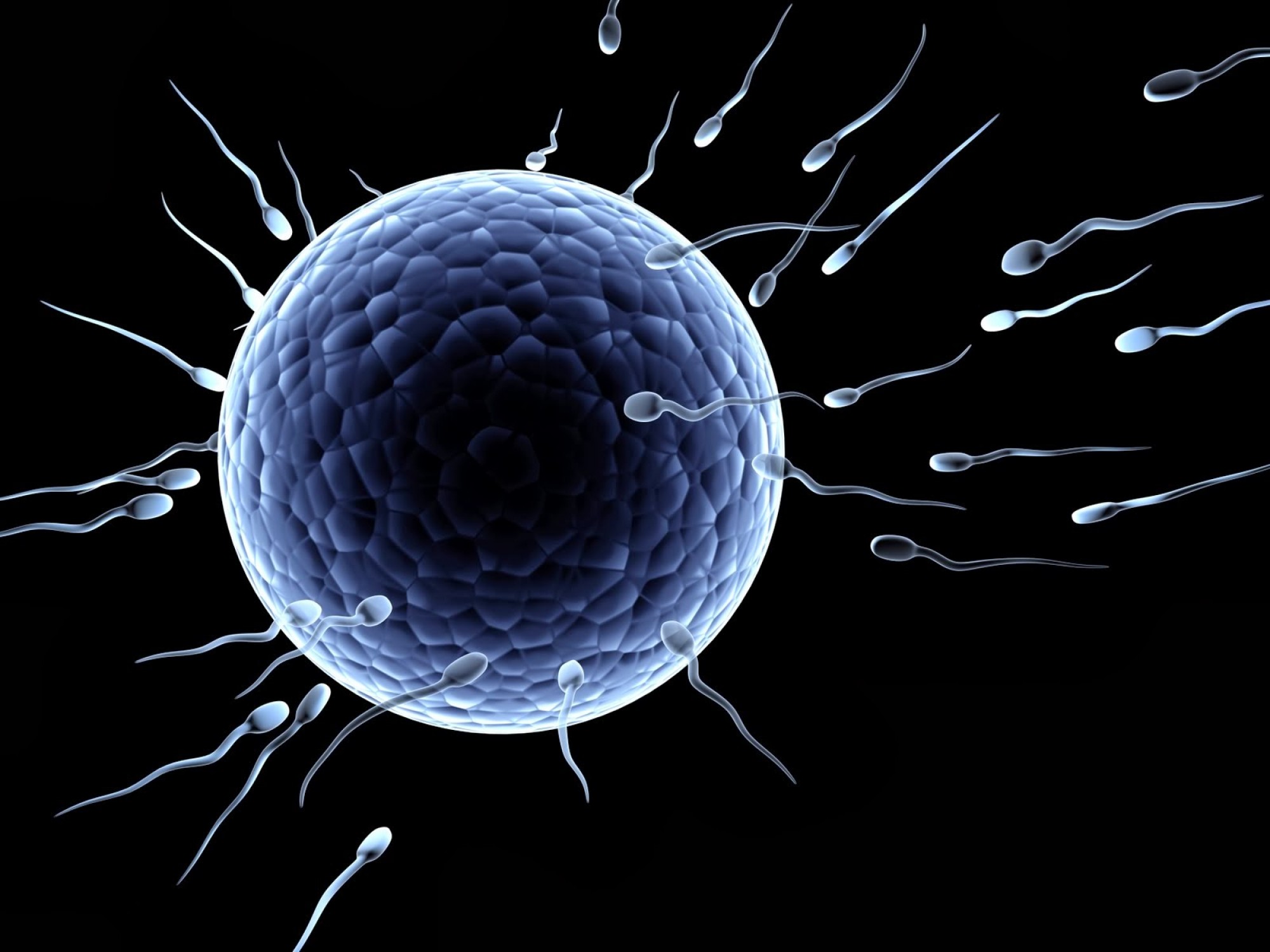Trouble Conceiving?
admin
What Causes infertility?No one knows for certain how many couples have difficulty conceiving, since some will decide not to seek medical treatment. In the UK, however, approximately one in seven couples do seek medical help to have a baby. In most cases there will be one or more causes that a specialist can pinpoint and, possibly, treat.Contrary to popular belief, infertility is not just a woman’s problem. In fact, it strikes men and women almost equally. About 32 per cent of cases can be attributed to men, another 32 per cent to women, and 17 per cent to a combination of factors affecting both partners. This leaves about 19 per cent of couples where the cause of infertility remains unexplained.Infertility’s most common causes, as well as typical treatments, are outlined below. The first three problem areas (ovulation and egg quality, blocked fallopian tubes and male-factor problems) account for about 90 per cent of all cases where a cause has been identified. The links below will guide you to more information on each topic, but always talk to your GP for specific guidance on your individual situation.
Ovulation and Egg Quality
Conditions in this category include polycystic ovary syndrome (PCOS), poor egg quality and irregular ovulation or failure to ovulate (because of hormonal deficiencies or imbalances). These problems are often age-related, especially deteriorating egg quality, and apply most often to women aged over 37.Possible solutions: a full assessment to work out what is wrong, including hormone checks, will precede any therapy. Treatments include fertility drugs, in vitro fertilisation (IVF) and the use of donor eggs.Blocked Fallopian Tubes
The two fallopian tubes provide safe passage for your eggs to travel from your ovaries to your uterus. Pelvic inflammatory disease (PID), endometriosis, scar tissue, adhesions and damaged tube ends (fimbria) can result in blocked or otherwise abnormal fallopian tubes. Even if you ovulate regularly, blocked tubes make pregnancy next to impossible, since your egg can’t get to your uterus, and sperm can’t get to your egg.Possible solutions: the main treatment is usually IVF. However, if the blockage is found to be limited to a small area it might be possible to clear it by key-hole or open tubal surgery to remove the blocked portion. Infections such as chlamydia tend to damage the whole length of the tube and are less amenable to surgery. A laparoscopy is usually carried out to determine the most appropriate treatment.
Male Factor Problems
In men, infertility can be the result of a blockage either in the epididymis (the coiled tubes which store and carry sperm from the testes) or the vas deferens (the two tubes that carry sperm from the epididymis ready for ejaculation). Other causes include poor sperm quality, low sperm motility (the sperm’s ability to move), a semen deficiency, or not having enough (or any) sperm to begin with.Possible solutions: Just as women often undergo surgery to open blocked fallopian tubes, men may have an operation to clear their blocked tubes (again, a full assessment, including hormonal tests and an evaluation of sperm motility, precedes surgery). If something else is at the root of the problem an operation may not be necessary. Instead, fertility drugs may boost sperm production, or a man’s sperm can be sampled and used to artificially inseminate his partner using IUI. Another option that has become increasingly popular for the treatment of male fertility problems is intracytoplasmic sperm injection (ICSI), which involves injecting sperm directly into the egg as part of an IVF treatment. The use of donor sperm is another solution for some couples with a male-factor problem.

